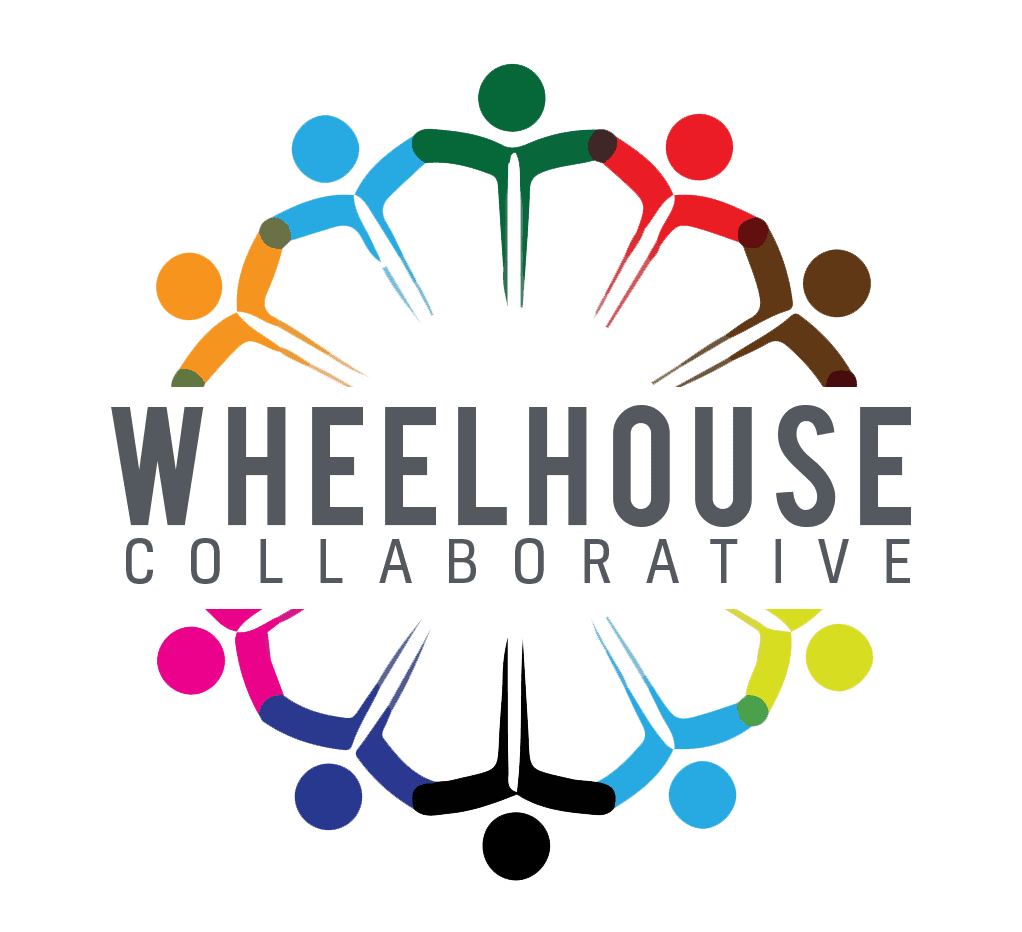
Professional Development & Continuing Education
Early Childhood Education Workforce Support Services
Training Calendar
Professional Development Services
Our goal is to facilitate dynamic and inclusive, team-oriented professional development, early childhood continuing education, training, and coaching in a community-based format for early childhood education practitioners of diverse skill levels and backgrounds.
Child Care Program Professional Learning Communities (Series+coaching)
Child Care Coaching (teaching teams or individual)
Training (Series or One-time)
Long-term in-depth study of a meaningful topic where theory, coaching, and job-embedded practice are inter-woven.
Professional Learning Community (PLC) Cost:
12 Hours in-person Training (Every 1-2 weeks)
- $1500.00 ($125 x 12hrs) for 20 participants ($75/person)
- Each additional (21- 35) $70/person
- 35 – 50 $65/person
- Large groups are negotiated
Printing: $2.50/person for learning journals/binders/manuals
Mileage: .65/mile, depending on distance (over 20 miles from 80215)
8 Hours practice-based coaching for teaching teams (discounted rate):
- $110.00 ($55 x 2hrs) for full-group initial 2 hour Setting the Stage coaching session
- $300.00 ($50/hr x 6) per classroom for 6 hours throughout PLC
Total Training Hours: 12
Total Coaching Hours: 8
Using practice-based approach, we chart a unique course and providing a framework to work within and explore together.
Coaching and Training topics include:
- ECE Management
- Preschool Engineering
- Emergent Curriculum/Reggio Emelia/Project Approach
- ECE Environments
- Guiding Behaviors
- Problem Solving
Coaching Rates:
By the Hour: $65/Hour
Discounted Coaching Bundles:
0 – 10 Hours: $61/hr
10 – 30 hours: $57/hour
30+: $52/Hour (20% off!)
2-Hour Practice-based Coaching with Teaching Team: $110.00
SOS Members get 10% off all services!
Series: Two or more in-person trainings + Job Embedded + Optional Coaching
One-time training: One session of a specific topic
Training Rates – One-time & Series
- Programs: $175/Hour (up to 20 participants in-person, 30 for online)
- Each additional 10 participants: $50 additional/hour
- Large groups over 40 are negotiated
Individual Rate – $10.00/Hour
SOS Members get 10% off all services! CLICK HERE to learn more or become a member today!
Training Library
Professional Learning Communities
Social-Emotional Skill Building Through Engineering Mindset PLC
Ages: I, T, PS, SA
12 Hours Training + Coaching + Job Embedded
Current research is showing exciting correlations between Engineering Habits of Mind and social-emotional support and development. The reason? Because when we teach using a Habits-of-Mind approach, we are interested in how children behave when they don't know an answer, which is where true social-emotional learning occurs. In this introduction into the world of Engineering in Early Learning, we unpack the National Academy of Engineering’s Six Engineering Habits of Mind and explore how to embed each Habit into daily classroom culture. The six Habits are: 1.) Creativity, 2.) Optimism, 3.) Collaboration, 4.) Persistence, 5.) Systems Thinking, and 6.) Conscientiousness. When introduced in early childhood, this vital set of “transferable” skills constructs a framework of brain pathways that serve children in all subject areas, and for the rest of their lives. Learning outcomes include:
Learn why Engineering Mindset is so important in STEM
Self-assess to see how you align and where growth can occur.
Make a quick-reference teaching tool to use immediately
Learn how to cultivate and grow each Habit of Mind in your unique learning community.
Most importantly, get excited about how to cultivate “a more thoughtful, cooperative, compassionate generation of people who skillfully work to resolve social, environmental, economic and political problems.” (Costa, 2008), a collective goal we can all get behind!
Implementing the Project Approach for
Pre-school/agers
Ages: PS, SA
12 Hours Training + Job Embedded
Based on the book, The Project Approach: Engaging Children’s Minds by Lillian Katz, participants will explore project-based teaching strategies that support individual children’s needs/interests, promote extended learning opportunities, and integrate authentic, culturally-relevant documentation. Working through the 3 phases of the Project Approach, small groups will collaboratively develop an in-depth project that includes hands-on exploration, child-driven investigation, and family/community involvement.
Training Series
Emotional Intelligence for Grown Ups in ECE
6 Hours: 3 2-hour Sessions
Age Group: Adult
We teach social-emotional intelligence to our children, but are we practicing what we preach? How resilient are you?
How well do you communicate your needs? How do you handle failure? If you could use a little tune-up, this is a unique
opportunity for ECE teachers and directors to unpack emotional challenges that are unique to childcare.
Using Brene Brown’s BRAVING model as the foundation, we self-assess and unpack our emotional selves as
professionals in ECE. We identify ways we can make connections and communicate our needs and boundaries, and then
hold ourselves accountable. We work on a personal plan that will help strengthen trust and build healthy relationships
with our teaching partners. And lastly, we will apply the benefits of daily practice of Growth Mindset and positive
thinking to tie it altogether.
Busy Bodies! Active Learning for Active Kiddos Series
Ages: T, PS, SA
8-12 Hours Training
This workshop investigates the processing of our seven senses (yes, seven!) and their role in early learning and development. When fully understood, teachers can assemble a variety of sensory processing activities as a toolbox to reach all learners, especially those that need to move constantly. Teachers can adjust current curriculum and teaching strategies to include more physical activities, even when space and time is limited, including:
Problematizing the environment
Energy release activities – heavy work vs. mental work
Energy calming practices – inclusive of all and individualized
Together, we will explore how to create inclusive environments and curriculum that help all kiddos harness their energy and transform it into productive, meaningful learning experiences.
Science Strategies Series:
Asking Good Questions, Diving Into Discussions, & Promoting Investigations
Ages: T, PS, SA
6 Hours Training
This series combines three important components when working with young children in STEM. Please see the descriptions of each training in the individual training section.
Individual Training Sessions
Strategies that Empower & Motivate
Problem-Solving in Teachers
Ages: Adult, Admin
3 Hours Training
Life is a series of problems to be solved, do
you have the tools to solve them? Do
your staff have the tools? As ECE administrators,
we strive to provide each child with a nurturing learning environment that encourages creativity, collaboration, and communication so children can become good problem-solvers. But how do we provide this to our teaching staff so they can do the same?
In this training, we explore how ECE leaders can create a culture of inquiry within your program where teachers are empowered and equipped to solve problems that bog down the entire program, especially managers and coaches. We will explore how to cultivate this culture in teachers using three empowerment teaching strategies that are based in engineering school of thought: 1.) embrace cognitive tension, 2.) facilitate connections, and 3.) support risk-taking and failure. Gather new tools to successfully implement collaborative problem-solving that synchronizes teaching teams and empowers teachers to own their growth and happiness.
